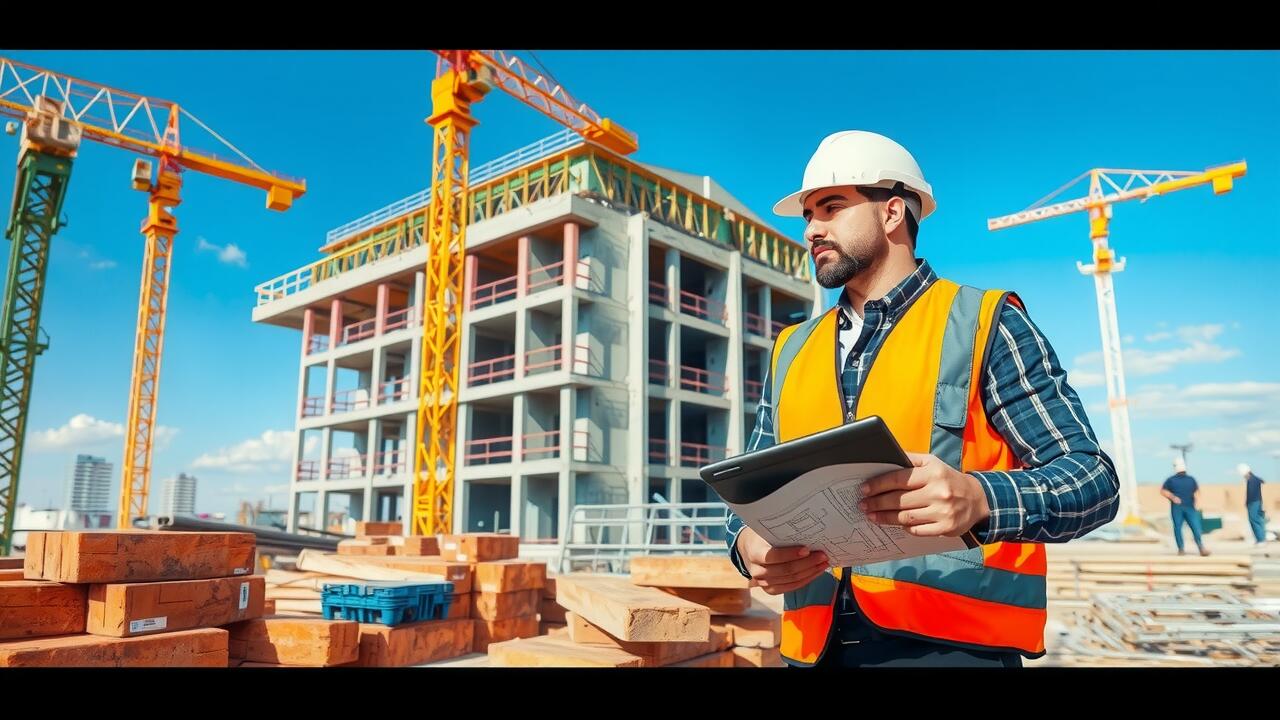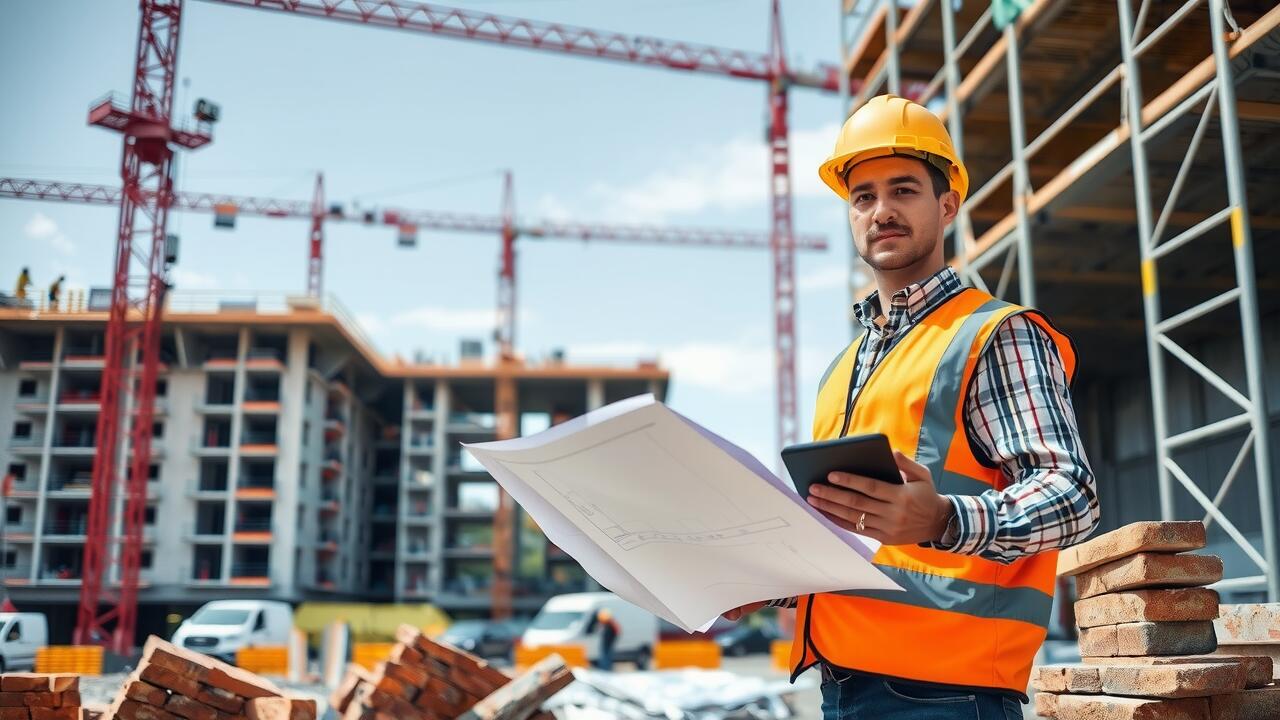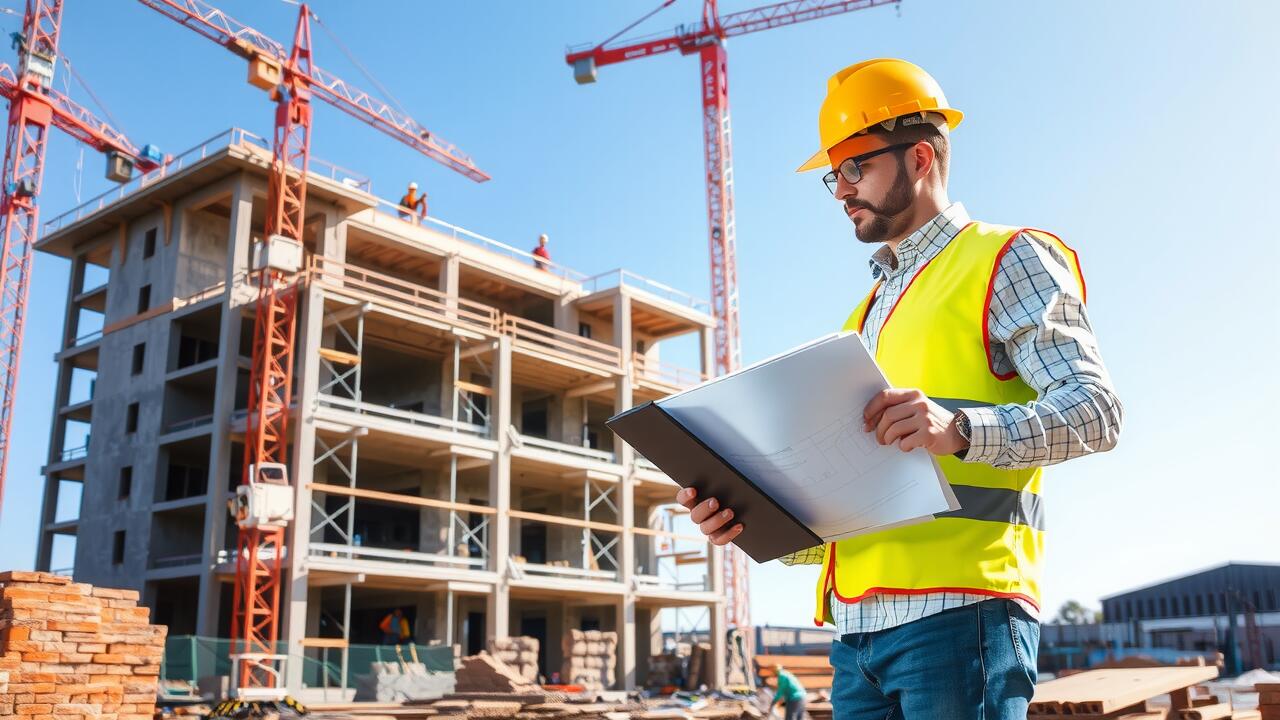
Table Of Contents
Down Payments and How They Affect Your Financing
Down payments play a crucial role in the financing of new construction homes, influencing both loan approval and monthly mortgage payments. Lenders typically require a down payment ranging from 3% to 20% of the total project cost. A higher down payment can lead to better interest rates and lower monthly payments. For many, navigating the down payment landscape is essential when planning for new construction in Saugus, Santa Clarita.
Understanding the implications of your down payment on loan terms can significantly alter your financial landscape during home construction. Options for down payment assistance are often available, especially for first-time buyers or those seeking new construction in Saugus, Santa Clarita. Maximizing your down payment may not only strengthen your financing application but also provide greater flexibility in budgeting for additional costs associated with building a new home.
Typical Down Payment Requirements for Construction Loans
When financing a construction loan for a new home, down payment requirements can vary significantly based on the lender and the specific type of loan. Typically, conventional construction loans may require a down payment of 20% of the total project costs. However, some lenders might be more flexible, particularly for those seeking New Construction in Saugus, Santa Clarita, allowing for lower down payments to attract a broader range of buyers.
Those interested in government-backed loans, like FHA or USDA loans, will find different stipulations regarding down payments. FHA loans often permit down payments as low as 3.5% for qualified buyers, while USDA loans can offer zero down payment options for eligible homes located in designated rural areas. Understanding these nuances is essential for prospective homeowners as they navigate financing options for their new construction project.
Budgeting for Your New Home Construction
Budgeting for your new construction home requires careful planning and thorough research. To begin, it’s essential to determine what you can realistically afford by reviewing your current financial situation. Consider your income, savings, and any existing debts, as these factors will influence your overall budget. Getting pre-approved for a loan can give you a clearer idea of your financial limits, which is useful when estimating costs for materials, labor, and permits.
When engaging in new construction in Saugus, Santa Clarita, it’s wise to create a comprehensive checklist of all potential expenses. This should include costs not just for the actual building process but also for landscaping, interior finishes, and necessary inspections. Additionally, don’t forget to factor in a contingency fund to cover unexpected costs that may arise during construction. This proactive approach will help ensure that your budget remains on track throughout the entire building process.
Creating a Comprehensive Construction Budget
Creating a comprehensive construction budget is essential for any new home project. This budget should encompass all costs associated with the construction process, from materials and labor to permits and unexpected expenses. Homeowners often underestimate the total expenses, leading to financial strain later on. For those planning new construction in Saugus, Santa Clarita, it’s crucial to include local building regulations and potential delays when estimating costs.
Begin by listing all expected expenses, and consider setting aside a contingency fund to cover any surprises that may arise. Research current prices for materials and labor in your area to ensure accuracy. Additionally, consulting with local builders can provide insights on common pitfalls and costs specific to new construction in Saugus, Santa Clarita. Careful planning will help create a realistic budget that reflects the true scope of the project.
Understanding Closing Costs
When embarking on a new home construction project, understanding closing costs is essential. These fees typically encompass various expenses associated with finalizing a mortgage, including appraisal fees, title searches, and attorney fees. For those considering new construction in Saugus, Santa Clarita, it’s crucial to account for these costs in your overall financing plan. Closing costs can range from 2% to 5% of the home’s purchase price, significantly impacting your budget.
It is also beneficial to be aware of additional costs that may arise during the closing process. Prepaid expenses, such as property taxes and homeowners insurance, often require upfront payment. Keep in mind that different lenders might have varying policies regarding closing costs, so obtaining detailed estimates early in the process can help prevent unexpected financial burdens later on. By preparing for these expenses, you’ll have a clearer picture of your financial commitment to constructing your new home.
Common Closing Costs to Anticipate
When financing new construction in Saugus, Santa Clarita, it’s important to anticipate a variety of closing costs that can add up significantly. These costs often include lender fees, title insurance, appraisal fees, and inspections. Each of these expenditures plays a vital role in the overall financing process, and being aware of them can help in planning your budget more accurately.
Additionally, buyers should also consider the costs associated with property taxes and homeowners insurance. These expenses are typically required at closing and contribute to the overall financial commitment of the new home. Understanding and budgeting for these common closing costs will ensure a smoother transition into your new construction home.
FAQS
What is a typical down payment requirement for a construction loan in Rancho Santa Clarita?
Typically, construction loans require a down payment ranging from 5% to 20% of the total project cost, depending on the lender and the borrower’s financial profile.
How can I create a comprehensive budget for my new home construction?
To create a comprehensive budget, start by outlining all expected costs, including land acquisition, construction materials, labor, permits, and contingency funds for unexpected expenses. It’s also wise to consult with a contractor for accurate estimates.
What are closing costs associated with financing a new construction home?
Closing costs for new construction homes can include loan origination fees, appraisal fees, title insurance, inspection fees, and property taxes. It’s important to factor these costs into your overall budget when considering financing.
Are construction loans different from traditional mortgages?
Yes, construction loans are typically short-term loans that cover the costs of building a home, whereas traditional mortgages are long-term loans used to purchase an already completed home.
What factors can affect my financing options for a new construction home?
Factors that can affect your financing options include your credit score, income level, debt-to-income ratio, the amount of your down payment, and the overall construction budget. Lenders will evaluate these factors to determine your eligibility and interest rates.


